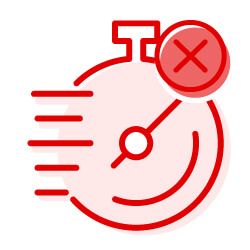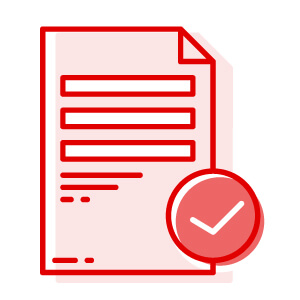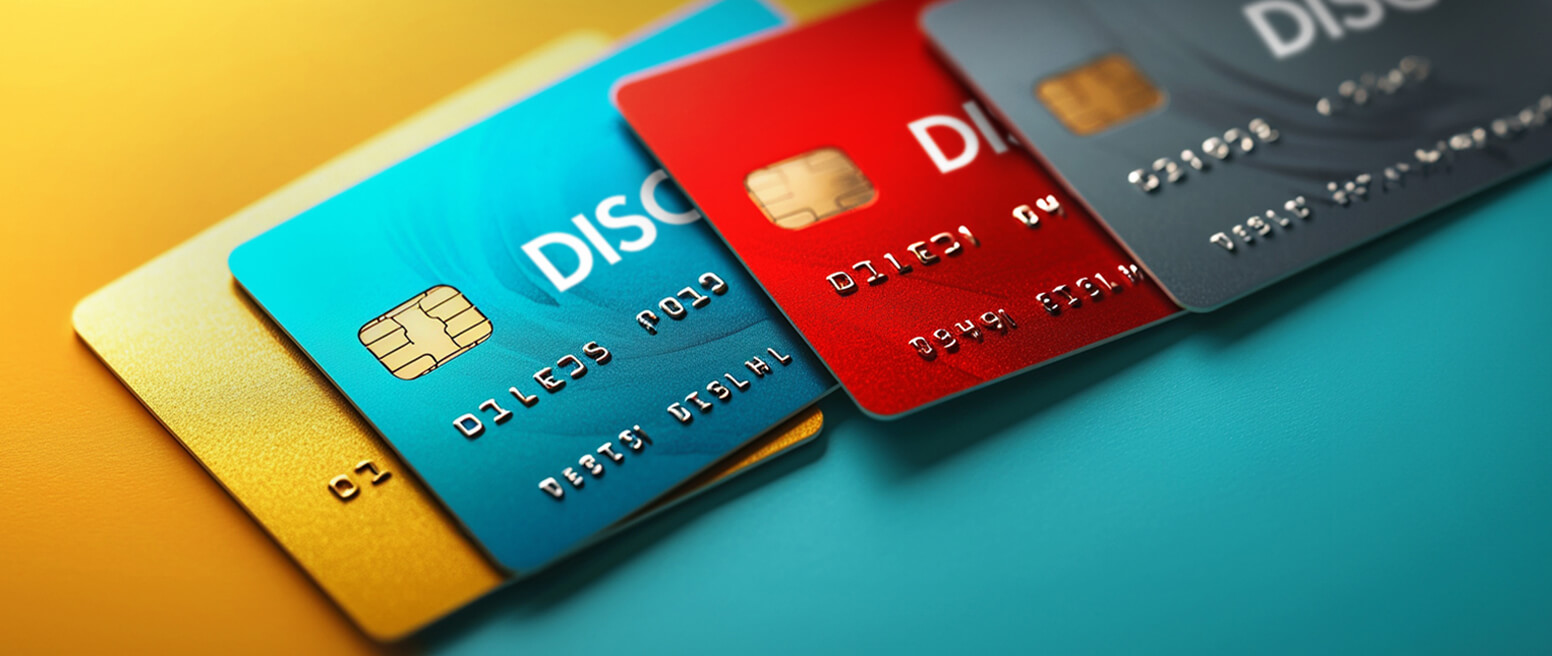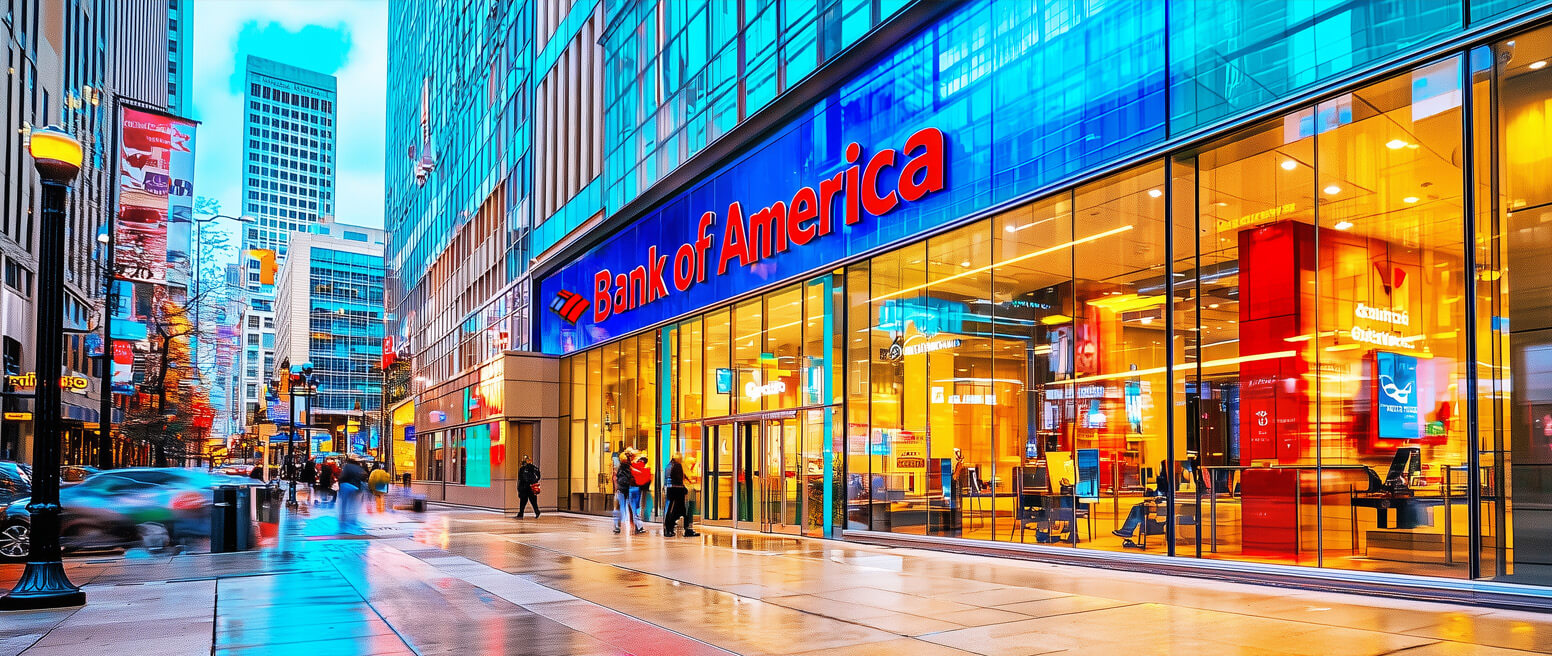COVID-19 Pandemic Likely to Include a Surge in Chargeback Activity
Article by Monica Eaton, COO Chargebacks911®
World leaders, health professionals, and countless ordinary people around the world are working tirelessly to curb the spread of COVID-19, more commonly known as the Coronavirus. Of course, everyone can acknowledge that aggressive action to fight the pandemic is important. However, the economic woes caused by the disease and the containment methods deployed are hard to stomach.
"The pandemic will include a surge in payment disputes as well as other hidden costs for merchants. Preparation now will help to blunt some of the long-term impacts."
Travel companies including airlines, OTAs, hotels, and more are facing substantial losses due to the coronavirus. When struggling British carrier Flybe collapsed on March 5, pundits cited the coronavirus outbreak as the proverbial nail in the coffin. Between international travel bans and consumer fears, demand for air travel has simply vanished. In some instances, news outlets are advising passengers to file chargebacks against travel companies to reclaim money already invested in upcoming travel plans.
How much do you anticipate the COVID-19 pandemic will impact online businesses?
— Chargebacks911 (@Chargebacks911) March 13, 2020
But, while merchants in the travel and entertainment industries might face the brunt of the impact, they’re not alone. Expect COVID-19 to impact online merchants in just about every vertical, both directly and indirectly.
Every sector of the economy is going to be affected by this outbreak in one way or another. In this article, we’ll examine the wide-ranging effects of the coronavirus pandemic, and what you can do to insulate your business against unnecessary losses.

The Coronavirus “Ripple Effect”
The secondhand effects of the coronavirus are just beginning to ripple through the market as of this writing. While not every business will be immediately impacted, the disease will ultimately translate to losses in just about every sector of the economy.
First, there’s the potential collapse of consumer demand. Buyers see uncertain economic times on the horizon due to the virus, and may be more hesitant to spend as a result. This is compounded by bad actors taking advantage of the situation: in the last month, consumers in the UK lost more than $1 million (£800,000) to fake products, counterfeits, and other scams playing on consumers’ virus-related fears.

eCommerce, Fraud & Chargebacks in the Age of COVID-19
What short- and long-term risks do you face as a result of this crisis? How can you protect your business and prevent loss? Download our free report today.
Free DownloadThe outbreak will have other serious systemwide consequences, though, as it agitates existing vulnerabilities. As a direct result, we expect to see a wave of chargebacks flooding the market for months even after the pandemic subsides.
Each of the following is a potential chargeback trigger aggravated by the virus outbreak:
Are You Prepared for the Impact of Coronavirus?
Merchants stand to lose BILLIONS this year due to the outbreak. With Chargebacks911®, you don’t have to be among them. Find out how much you can save today.

Could Coronavirus Lead to a Spike in Chargebacks?
The short answer: yes, definitely.
We touched on how travel companies are feeling the impact on their bottom line, with consumers being encouraged to file chargebacks to recover funds. The chargeback threat isn’t limited to travel, though: by the time the pandemic finally ends, most merchants will experience lost revenue due to the vulnerabilities mentioned above.
Since the beginning of the outbreak, we've already recorded a 23% increase in chargeback issuances. And, as time passes and disruptions drag on, the number of disputes filed by customers will grow.
It’s a dangerous situation; everyone is scrambling to adjust to the new policies and business parameters that are affecting them. You’re facing decreased business (and simultaneous higher costs), while cancellations and postponements are leading consumers to contact merchants en masse for refunds. The result: long hold times, frustrated customers, and ultimately, higher chargeback rates.
Consumers often forgo contacting merchants even under the best of circumstances, instead going directly to the bank to file chargebacks on delayed or cancelled items (a practice called friendly fraud). The added pressures resulting from coronavirus will only amplify this problem. Thus, we anticipate a spike in chargeback filings in the comings weeks and months as the disease progresses.
You need to be ready for the increased chargeback risk. More chargebacks mean lost revenue, additional fees and fines, and poor customer satisfaction. If the situation gets out of hand, you could face possible loss of your card processing privileges altogether.
Chargeback management is a delicate process, though; the wrong strategy could actually exacerbate the problem, potentially placing even more revenue at risk. And, with a lag in chargeback reporting due to long chargeback timeframes, this situation will go on for months after the pandemic officially ends.
Preventing Coronavirus Chargebacks
Coronavirus presents numerous unique challenges for your business. That said, proper chargeback management can alleviate a good portion of these problems.
It’s critical that you implement a strategy for avoiding, reducing, and disputing chargebacks. This will help you recover disputed revenue and prevent future chargebacks, making a winning chargeback strategy an investment that will continue to pay off long after things return to normal. To that end, we have some tips that will help you mitigate risk and recover your hard-earned cash:
It’s critical that you deploy services as quickly as possible to protect revenue and prevent future loss. However, managing chargeback risk is difficult under the best circumstances. With fear and anxiety about the coronavirus outbreak running high, it’s more critical than ever that you be proactive and take steps to prevent and fight disputes. The question: how?
Seek Outside Help
No matter whether outsourcing was part of your plan or not, it's an idea very worth considering. And, if there ever was a time to outsource, it's now.
Performance-based tools such as VMPI, chargeback management services, and other outsourced solutions offer quick setup to protect revenue. Relieving pressure from non-core activities enables you to focus on what's most important during these trying times: serving your customers and keeping your brand stable.
We at Chargebacks911 are the industry’s leading experts in chargeback management. Our unique combination of machine learning and human expertise offers unparalleled chargeback reduction, all backed by a 100% ROI guarantee. With fast implementation for short-term crisis support or long-term strategy, Chargebacks911 offers you the opportunity to recover revenue, reduce costs, reallocate FTE resources, and increase net income.
























